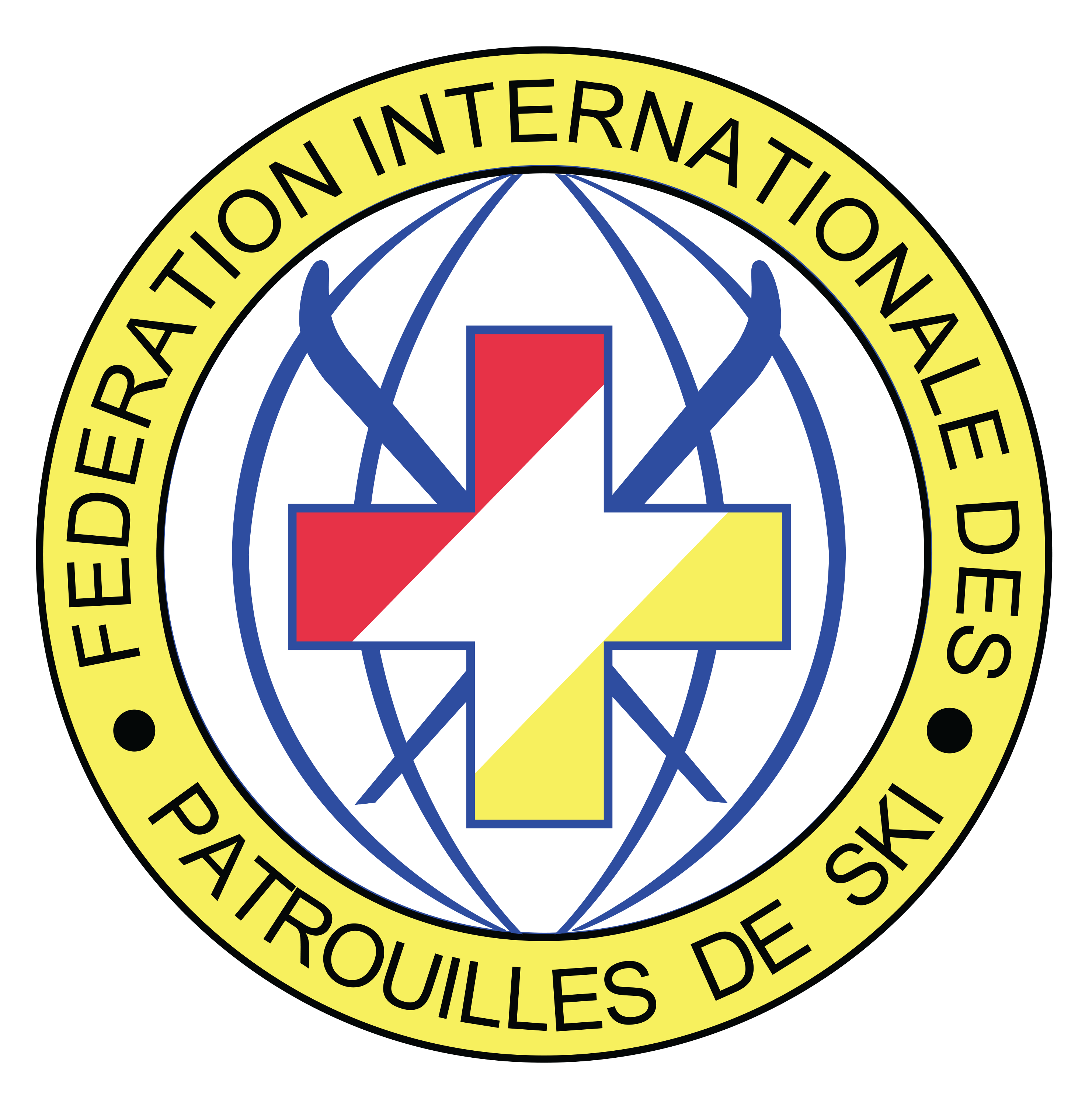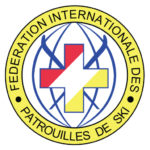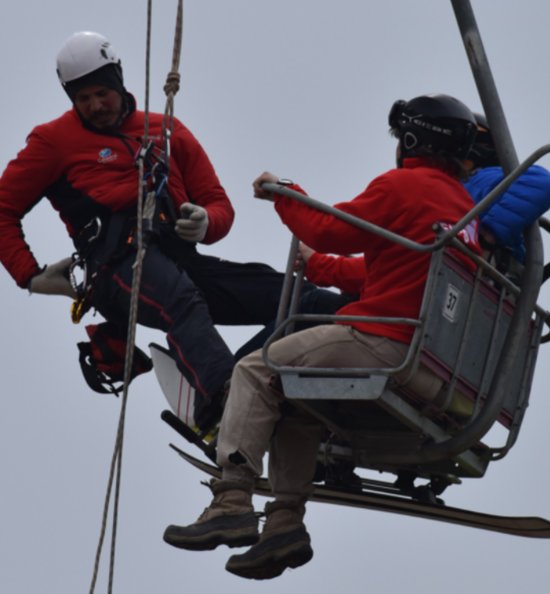
One of the key aims of the Fédération Internationale des Patrouilles de Ski (FIPS) is to share information and techniques. We understand that different countries have different regulations and legislation that controls what a Ski Patroller can do and in some cases how they do it. In some countries there are even different rules between regions or states.
For example, some pain relieving drugs can be administered by some patrollers, gases like Entonox and oxygen can only be used in some jurisdictions, and explosives can be used by only some patrollers in some countries to protect resorts from avalanches. Rescue dogs are not permitted in some protected alpine national parks
For these reasons, it is important to remember that national or regional Ski Patrol organizations are independent and any training materials provided here will need to be adjusted to meet the specific rules of the jurisdiction (country or region) in which they are used. FIPS does not know how you will use these training materials and has no control over how you use them, so cannot accept any responsibility for your country’s implementation of any materials provided here. Nor does it wish to specify how you do your job.
All materials on this site are free for Patrols to use (hopefully with accreditation); however they are provided as guidelines not standards.
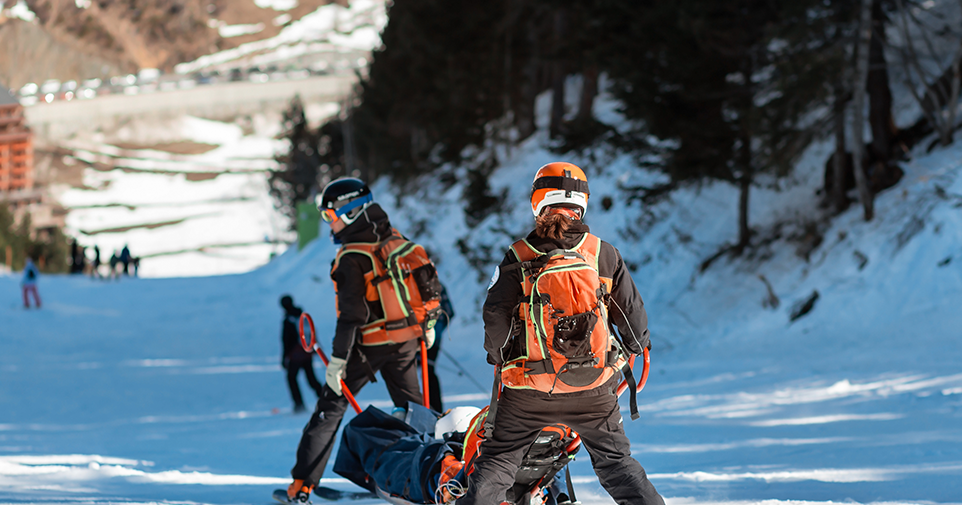
Almost all countries with Ski Patrollers have adopted a competency-based system of training. That means that skills training and being able to perform the job is key to any assessment. Most countries have grades of Ski Patroller. The generic role of a Ski Patroller includes:
- team work (working with others)
- communication (including using technology)
- control of an incident scene
- understanding the limitations imposed by the local legal framework
GUIDELINES
- Advanced First Aid and Casualty Treatment
- Pain Relief
- Avalanche Control / Avalanche Awareness
- Snow Mobile Operations
- Aerial Railway / Tramway Evacuations
- Search and Rescue
- Ropes, Climbing and Abseiling
- Vocational Skiing / Boarding
- Casualty Evacuation, Transport and Sled Usage
- Rescue Dog Handling
- Grooming and Slope Management
- Accident Investigation
- Risk Management (Accident Prevention and Safety Management)
- Supervision and Management (Teamwork and Communication)
- Instructor Training
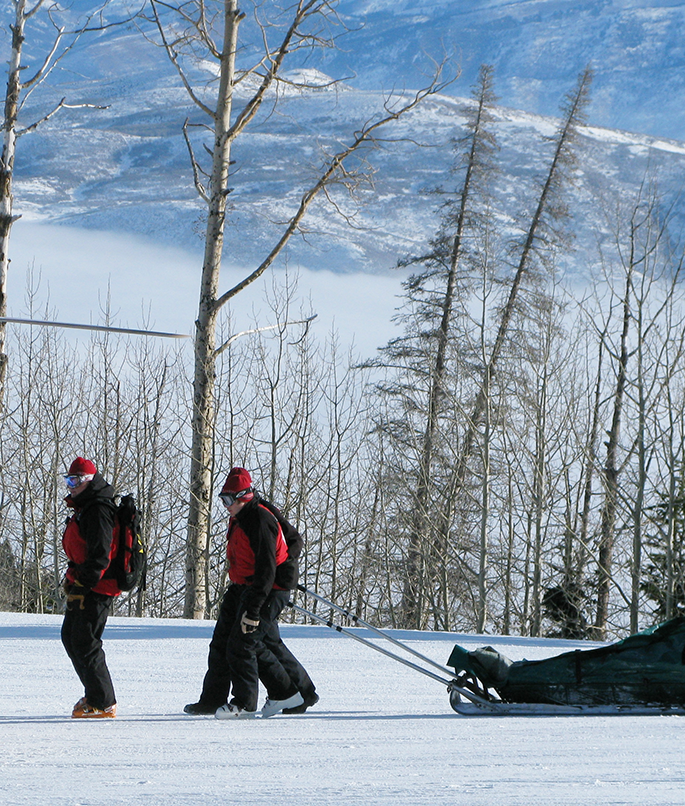
International Recognition
Ski Patrollers are recognised within their countries and have a range of different skills depending on their level of experience and local qualifications.
Nonetheless, broadly speaking, the transfer of qualifications is recognised by all member countries of FIPS. All jurisdictions have the equivalent of “recognition of current competency” and “recognition of prior learning”.
Each country specifies their own skills and certifications required to be a ski patroller, although there are many common elements. The European Union has in place statutory recognition of vocational qualifications gained in one country that can be transferred to another. Similarly, the International Labour Organization (ILO) has developed Regional Model Competency Standards (RMCS) for different sectors, which serve as guidance for simplified skills recognition and assessment at the national level and for the Asian Region.
